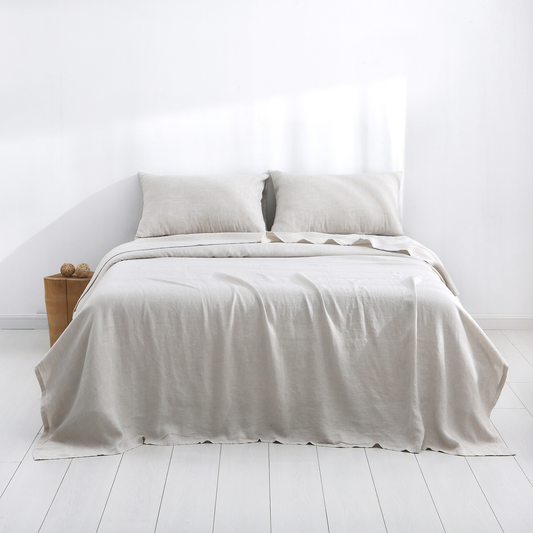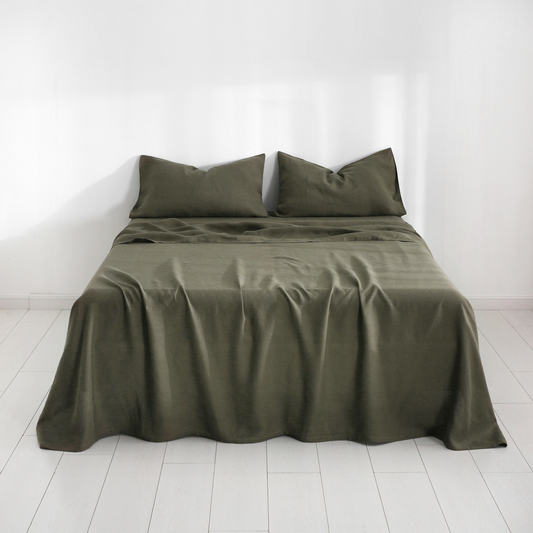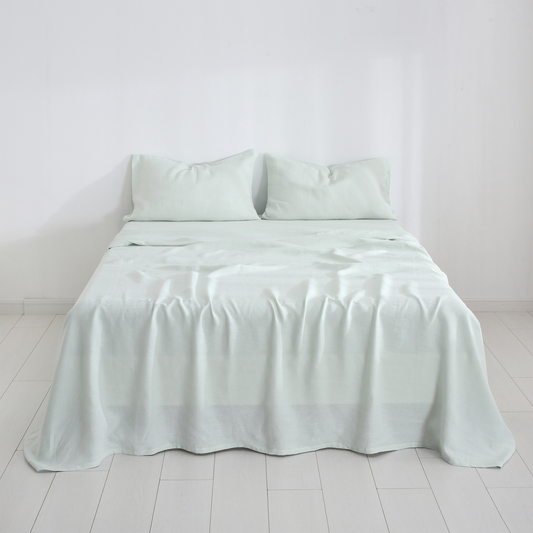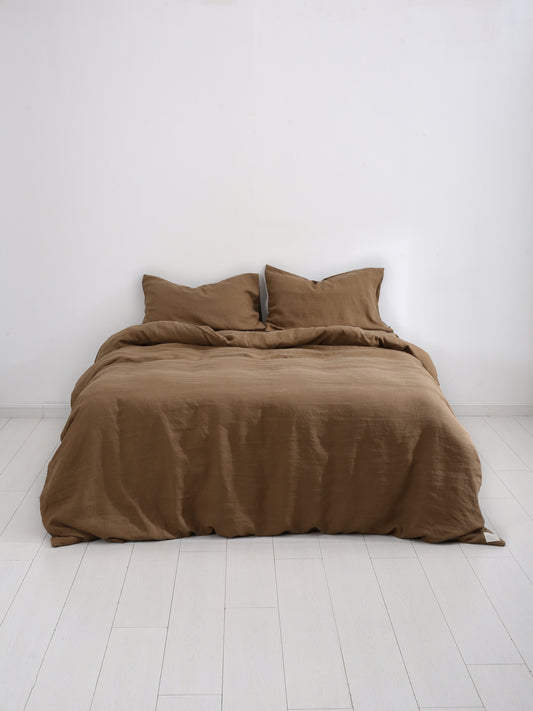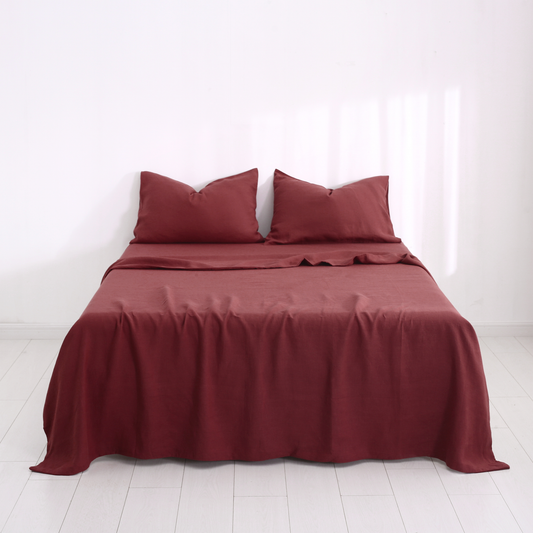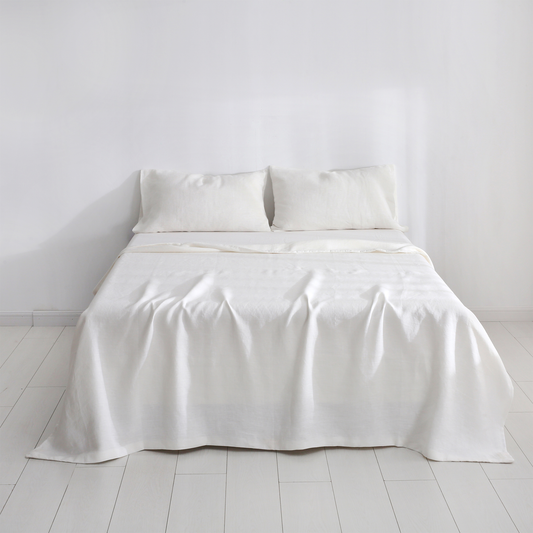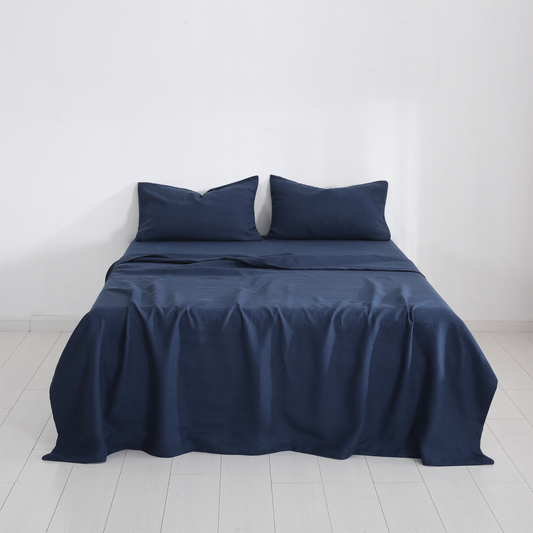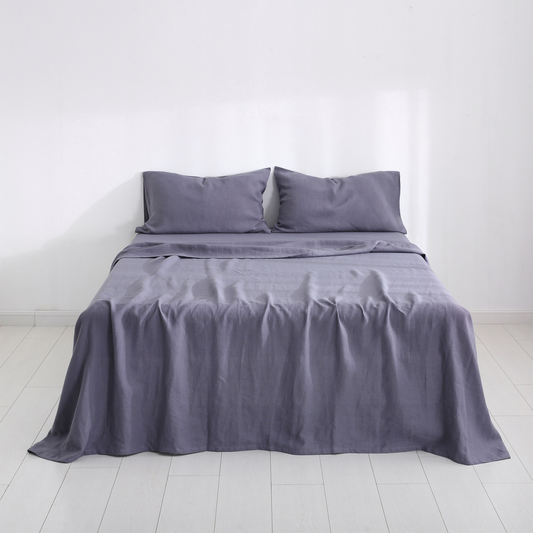Ever wondered if growing hemp makes life easier or tougher for the wildlife hanging around your backyard?
I mean, it's probably not the sort of thing you lie awake at night thinking about, but hey, I’m Oscar, and my brain does weird things at 2 am. So, naturally, I've pondered the effects of hemp farming on biodiversity—especially since hemp has pretty much become my life these days.
Birds and bees love hemp—and they're not the only ones
Let's start with the birds and the bees (no, not that talk—relax!). Hemp farming is actually pretty friendly towards these little fellas. Turns out, hemp plants offer shelter and food for pollinators like bees and butterflies. And let's be honest—if bees like something, it's probably pretty decent, right? I've seen heaps of birds flitting around hemp fields, happily feasting on seeds and insects. It's like a wildlife buffet, without the dodgy prawns.
If you're keen on the science-y bits, here's a little something I found about hemp and pollinators from this handy resource.
Soil health and earthworms having a party underground
Honestly, soil doesn't get enough credit. Good soil means good food, happy plants, and less grumpy farmers (me included). Hemp has a deep root system, which prevents erosion and improves the soil structure. Think of it as giving the soil a bit of spa treatment—massages included. This leads to healthier ecosystems underground. Earthworms and microbes practically throw parties down there because hemp roots feed and aerate the soil so well.
And yes, earthworms having parties is now an image you'll never get out of your head. You're welcome.
This article goes deeper into how hemp improves soil health if you fancy more bedtime reading.
No nasty chemicals needed (thank goodness)
One of my favourite things about hemp (apart from our ridiculously comfy hemp sheets, obviously) is how little pesticides and herbicides it needs. This means fewer chemicals running into rivers and creeks, harming fish and frogs. And honestly, the fewer chemicals around, the better for everyone involved—especially those frogs.
Check out another handy reference that explains this in more detail.
[collection-carousel="sheet-set"]
Water-friendly farming, Aussie-style
Here's something every Aussie knows: water matters. Hemp farming uses heaps less water than traditional crops like cotton. This doesn't just make farmers happy—it also gives rivers, wetlands, and Aussie wildlife a fair go. Less water used means more water for ecosystems, which translates into happier platypuses (and everyone loves a happy platypus).
I've written about why hemp outshines cotton in sustainability terms right here.
Carbon, climate, and koalas (maybe)
Okay, maybe not specifically koalas—but definitely climate. Hemp absorbs heaps of carbon dioxide, making it a bit of a climate superhero. We're talking 9–13 tonnes per hectare, annually. Which is pretty epic when you consider how important reducing our carbon footprint is these days. By growing hemp, we're basically giving the atmosphere a high-five. Good on ya, hemp.
Want more about hemp and the climate? Here’s a great link I found that explains the science.
But, is hemp farming perfect?
Alright, I won't pretend hemp solves all biodiversity issues magically. No crop is perfect. Some people worry about hemp cross-pollinating with wild cannabis varieties or native plants. But I've found that, with responsible farming practices, these issues are pretty manageable.
It's about balance. And from everything I've learned and experienced (and yes, debated on late-night Reddit binges), hemp seems to tip that balance positively for biodiversity and wildlife habitats.
Curious about why we at Jo Dope chose hemp over other fibres? Check out our why hemp page for more of the juicy details.
Hemp beyond the field and into your home
Of course, what really matters is how hemp’s benefits translate into everyday life. Our hemp bedding doesn't just make your bedroom more sustainable—it actually gets softer and better with every wash. Plus, being antimicrobial and breathable means fewer skin irritations and better sleep (and probably fewer arguments about the doona hogging).
If you're looking for a practical way to support biodiversity from the comfort of your bed, our hemp doona covers and pillowcases are a pretty great start.
[collection-carousel="doona-covers"]
Got more hemp questions or just keen to chat?
If you ever find yourself wondering about hemp, biodiversity, or you just fancy a yarn, drop me a line through our contact page. I'm always up for a good chat.
Love,
Oscar from Jo Dope


